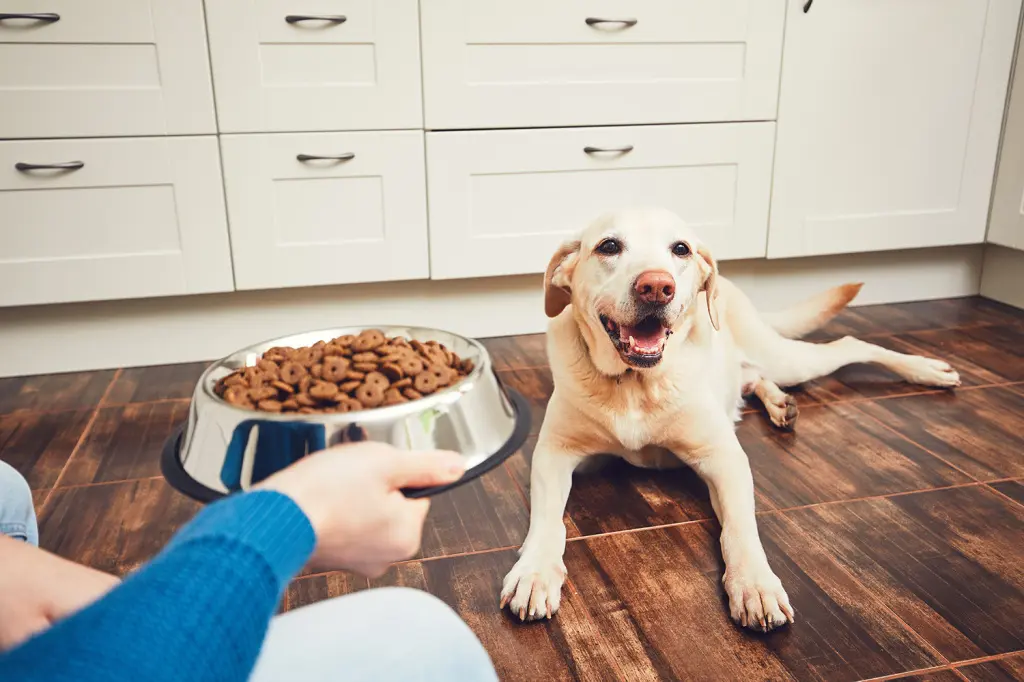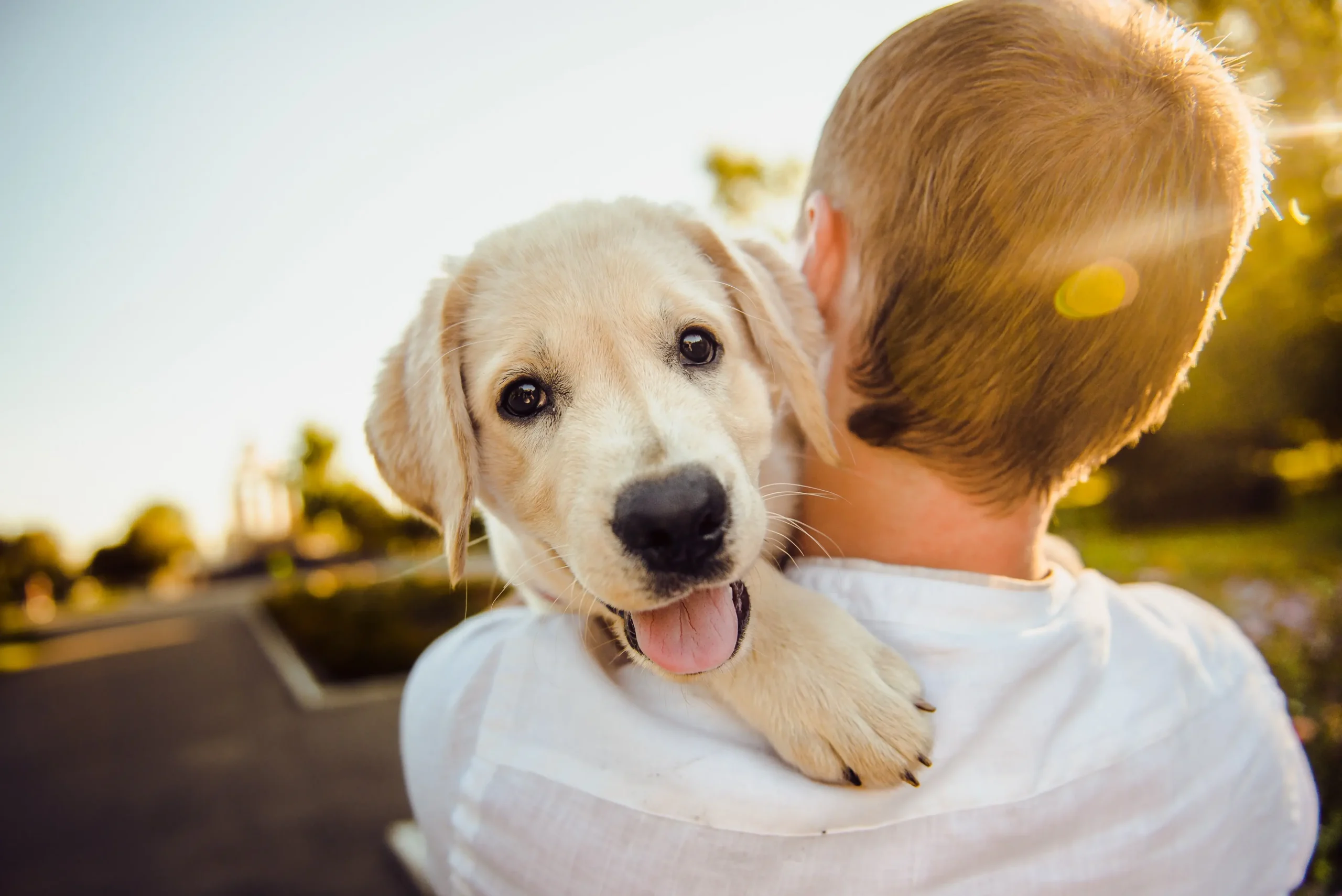1. The Best Dog Food for Your Pup: How to Choose the Right Diet
Choosing the right dog food depends on your dog’s age, size, and activity level. Look for high-quality protein as the first ingredient and avoid fillers like corn or soy. Consult with your vet to determine if your dog has any specific dietary needs, such as food sensitivities or weight management concerns. Remember, a balanced diet is key to keeping your dog healthy!
2. Signs Your Dog Might Be Overweight and How to Help Them Lose Weight
Obesity in dogs is becoming more common, but it’s preventable with proper care. Signs of overweight dogs include difficulty breathing, a lack of energy, and an inability to feel their ribs. Adjust their diet by reducing calorie intake and increasing exercise with daily walks. Consult your vet to create a weight loss plan that’s safe for your dog.
3. Natural Supplements for Dogs: What You Should Know
Natural supplements can boost your dog’s health, but it’s important to consult a vet before introducing anything new. Omega-3 fatty acids support joint health and coat condition, while probiotics can improve digestion. Glucosamine supplements can help with arthritis, but always monitor for any adverse reactions.
4. Understanding Your Dog’s Health: Common Problems and Prevention Tips
Routine check-ups with your vet are crucial to catching common health issues early, like dental disease, allergies, and joint problems. Regular grooming, a balanced diet, and appropriate exercise can prevent many health concerns. Keep an eye out for changes in behavior or physical condition, and consult your vet if anything seems off.




